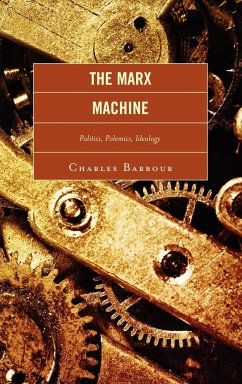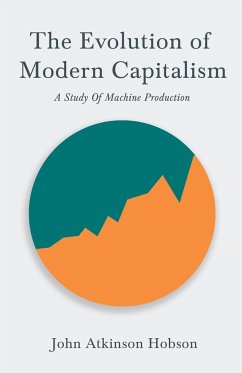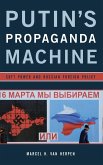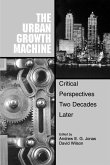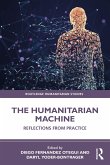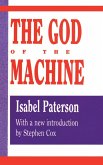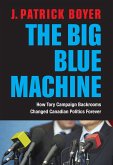Karl Marx has rarely, if ever, been treated as a writer. Charles Barbour argues not only that we can examine the literary and rhetorical aspects of Marx's texts, but also that, as soon as we begin to do so, those texts begin to take on new and entirely unexpected political implications. In the past, Marx scholars have characterized his literary remains as either a relatively coherent body of work, or a structure cut in half by a single, all-important "epistemological break." Neither metaphor really captures the incredible proliferation of documents that we retroactively label Karl Marx. Barbour proposes that we characterize them, instead, as a machine, or an assemblage of fragments and components that can be put together and taken apart in any number of different ways for any number of different purposes. Focusing primarily on Marx's early polemical writings, and especially the debates with Bruno Bauer and Max Stirner that make up most of the voluminous manuscript now called "The German Ideology," The Marx Machine endeavors to show how some of Marx's most consistently denigrated and ignored works can in fact be approached as responses to Marx's contemporary critics.
Hinweis: Dieser Artikel kann nur an eine deutsche Lieferadresse ausgeliefert werden.
Hinweis: Dieser Artikel kann nur an eine deutsche Lieferadresse ausgeliefert werden.

